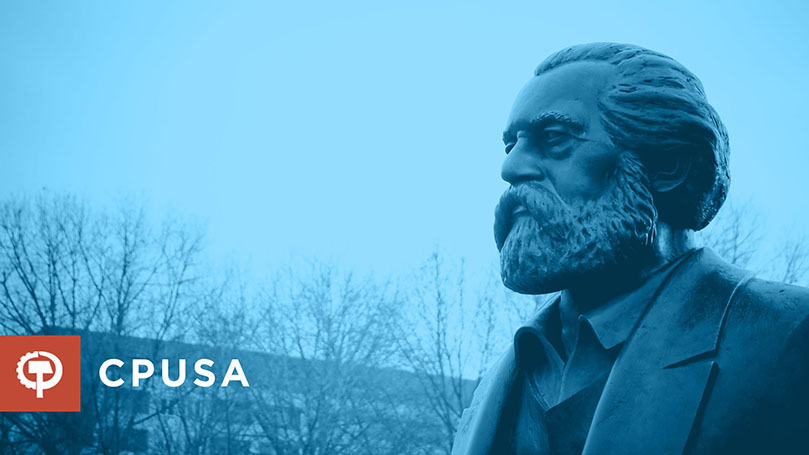
This quiz is dedicated to Black History Month and the struggle against the branding process called racism.
1. African American women have over the generations as CPUSA activists played a significant role in the struggle for both African-American Liberation and socialism in the United States. Which one of these women was not a leading African American CPUSA activist:
a. Claudia Jones
b. Zora Neale Hurston
c. Shirley Jackson
d. Angela Davis
e. Lorraine Hansberry
2. The position of the CPUSA from the 1920s to today on questions of racist oppression has been:
a. To say that all these questions are important but will be addressed after socialism is established;
b. To support the development of African American and minority capitalism as the solution to racist oppression;
c. To see the struggle against the specifics of racist oppression now as central to and a necessary condition for the fight to liberate the entire working class and the battle for socialism.
d. To support various political compromises on Civil Rights legislation.
3. Marxists and Communists see the the concept of “race” as:
a. Useful to understand differences between people so as to advance selective breeding;
b. A complement to class analysis to understand what groups will be successful and what groups will not;
c. Ideology with no scientific basis whatsoever, rooted in slavery and colonialism and used to defend the exploitation and oppression of people;
d. Crucial to an understanding of evolution.
4. The Study, “We Charge Genocide” sponsored by the left-led Civil Rights Congress and dealing with the sordid and bloody history of racist oppression in the U.S. was presented to the United Nations and translated into many languages in the early 1950s while largely suppressed in the U.S. The individual most associated with the study was:
a. NAACP leader Roy Wilkins;
b. Congressman Adam Clayton Powell;
c. CPUSA leader and subsequent political prisoner William Patterson:
d. Trade union leader A Philip Randolph.
5. The struggle against police brutality, corruption and violence in jails and prisons, affecting minority groups especially and working and low-income people generally, has a long history. Activists over the generations especially have struggled within and in solidarity with the Civil Rights Movement to establish:
a. Civilian Review Boards, to investigate charges of police brutality abolition of the death penalty, prison reform, the movement for prisoner rights;
b. Bipartisan commissions to study the question;
c. Support your local police campaigns, to make police more friendly;
d. All of the above.


 Join Now
Join Now